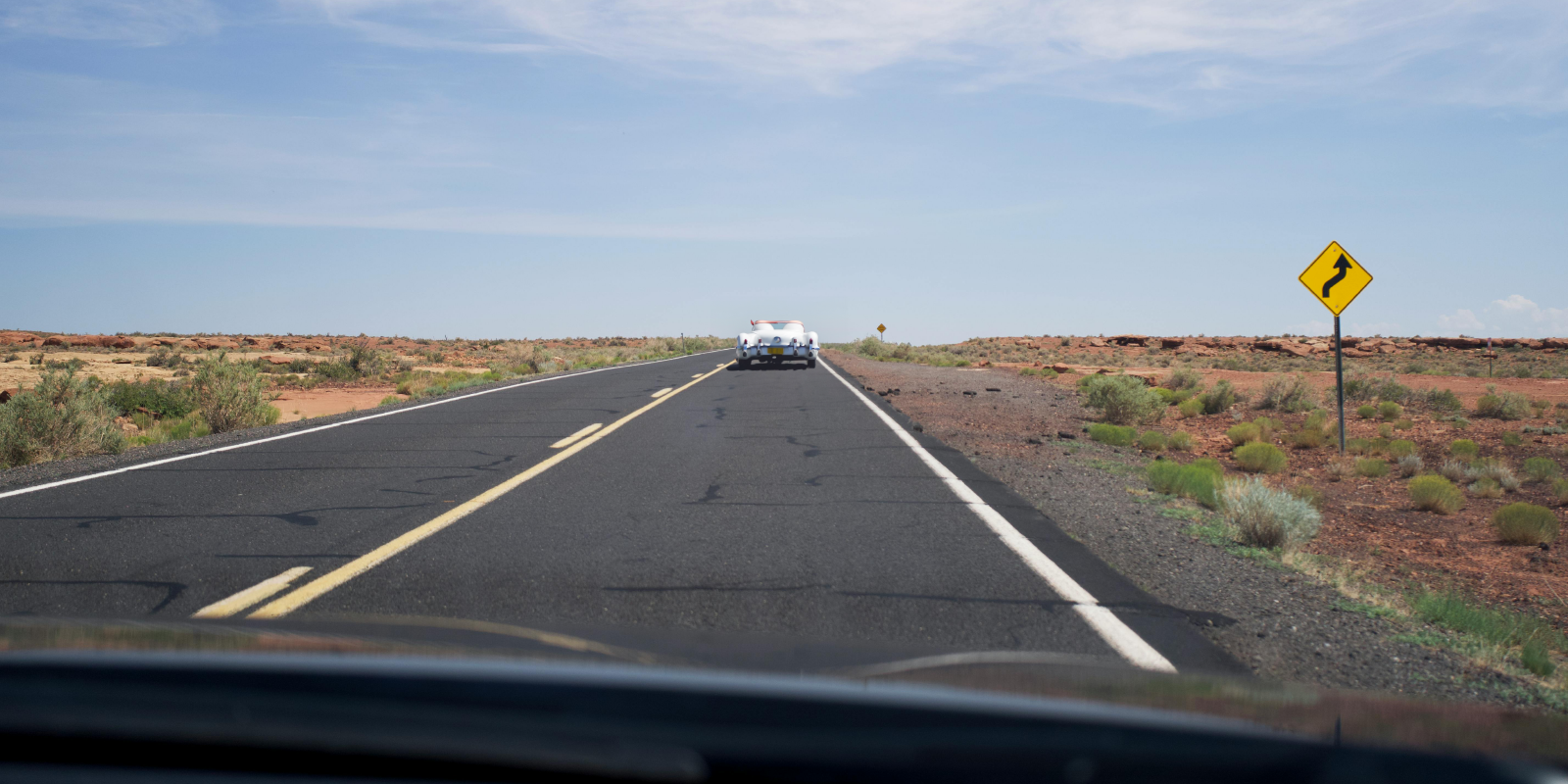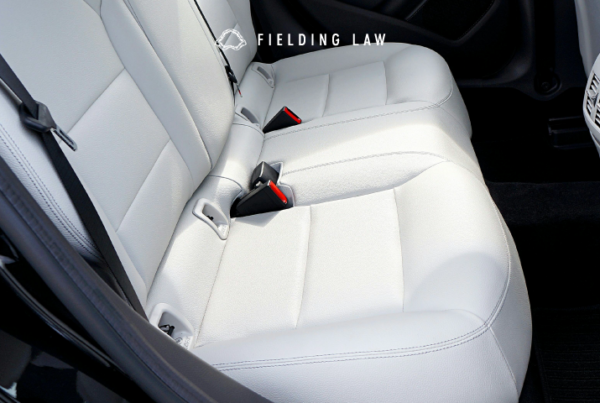Driving in Arizona can be an exciting experience with its scenic routes and diverse landscapes. However, it also comes with unique challenges that require special attention and preparation. Whether you are a resident or a visitor, safe driving in Arizona is crucial. Here are some essential tips to ensure a smooth and secure driving experience in the Grand Canyon State.
1. Prepare for the Heat
Arizona’s extreme heat, especially during the summer months, can take a toll on both drivers and vehicles. To stay safe:
- Stay Hydrated: Always carry plenty of water for yourself and your passengers.
- Vehicle Maintenance: Regularly check your vehicle’s coolant, oil levels, and tire pressure. Overheated engines and tire blowouts are common in hot weather.
- Use Sun Protection: Keep sunshades in your car and wear sunglasses to reduce glare. Parking in the shade or using a sunshade can also protect your vehicle’s interior.
2. Be Cautious During Monsoon Season
Arizona’s monsoon season, typically from June to September, brings heavy rains, strong winds, and flash floods. These tips can help you navigate the roads safely:
- Slow Down: Reduce your speed during heavy rain to prevent hydroplaning.
- Avoid Flooded Areas: Never attempt to drive through flooded roads. Just a few inches of water can cause you to lose control of your vehicle.
- Use Headlights: Turn on your headlights to improve visibility, but avoid using high beams, which can reflect off the rain and impair your vision.
3. Watch for Wildlife
Arizona’s diverse wildlife can be a hazard on the roads, especially in rural areas. Here is how to stay safe:
- Stay Alert: Pay extra attention during dawn and dusk when animals are most active.
- Use High Beams: In rural areas, use your high beams when there is no oncoming traffic to spot animals sooner.
- Slow Down: Reduce your speed in areas known for wildlife crossings.
4. Understand Arizona’s Traffic Laws
Familiarizing yourself with Arizona’s specific traffic laws can prevent accidents and legal issues:
- Photo Enforcement: Be aware that many intersections have red-light cameras. Running a red light can result in fines and points on your license.
- Cell Phone Use: Arizona prohibits texting while driving. Hands-free devices are allowed, but it is best to minimize distractions.
- Move Over Law: When approaching emergency vehicles stopped on the side of the road, you are required to move over a lane or slow down significantly.
5. Be Prepared for Desert Driving
Desert driving in Arizona can be beautiful but also hazardous. Keep these tips in mind:
- Fuel Up: Gas stations can be sparse in remote areas. Always ensure you have enough fuel before embarking on long trips.
- Carry Emergency Supplies: Keep an emergency kit in your car, including water, snacks, a first-aid kit, and tools.
- Know Your Route: Cell service can be unreliable in remote areas. Have a physical map or download maps for offline use.
6. Defensive Driving
Practicing defensive driving is essential no matter where you are, but it is especially important in Arizona’s diverse driving conditions:
- Maintain Safe Distances: Keep a safe distance from the vehicle in front of you to allow for sudden stops.
- Use Turn Signals: Always signal your intentions to other drivers to prevent misunderstandings.
- Stay Focused: Avoid distractions such as using your phone, eating, or adjusting the radio while driving.
Safe Driving in Arizona
Navigating Arizona’s roads requires a combination of preparation, awareness, and adherence to specific safety practices for safe driving in Arizona. By following these essential tips, you can enjoy the scenic drives and unique experiences Arizona has to offer while staying safe. If you ever find yourself in an accident or in need of legal assistance, know that you do not have to face it alone. Reach out to Fielding Law at 833.88.SHARK for compassionate and expert legal guidance tailored to your needs.
Note: Information provided is for educational purposes and does not constitute legal advice. Always consult with a qualified attorney for legal concerns.





